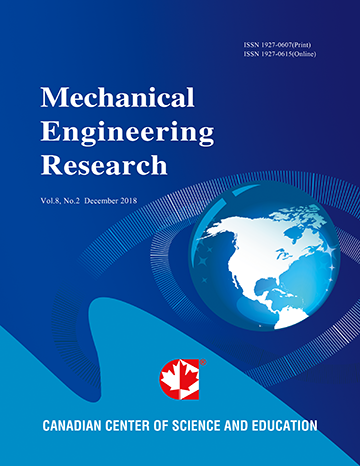Effects of Surface Tension and General Rotation on the Rayleigh-Taylor Instability of Three-Layer Flow
- G. Hoshoudy
Abstract
The stability of two interfaces separating three fluids, where the fluids are assumed to be incompressible, inviscid, and of constant density, has been investigated for a system that is acted upon by a general rotation. The effect of surface tension at the two interfaces is taken into account. A general dispersion relation for the system is obtained analytically by formulating the problem in terms of complex variables. Numerical calculations were performed for a hexane-NaCl-CCl4 system to investigate stable case, and special cases that isolate the effect of various parameters on the growth rate of the Rayleigh-Taylor instability are discussed. It is found that the two cutoff wave numbers for the system with surface tension are unchanged by the addition of a general rotation, and that for the system considered, all growth rates are reduced in the presence of a general rotation.
- Full Text:
 PDF
PDF
- DOI:10.5539/mer.v3n1p87
Contact
- Lenna BaiEditorial Assistant
- mer@ccsenet.org
